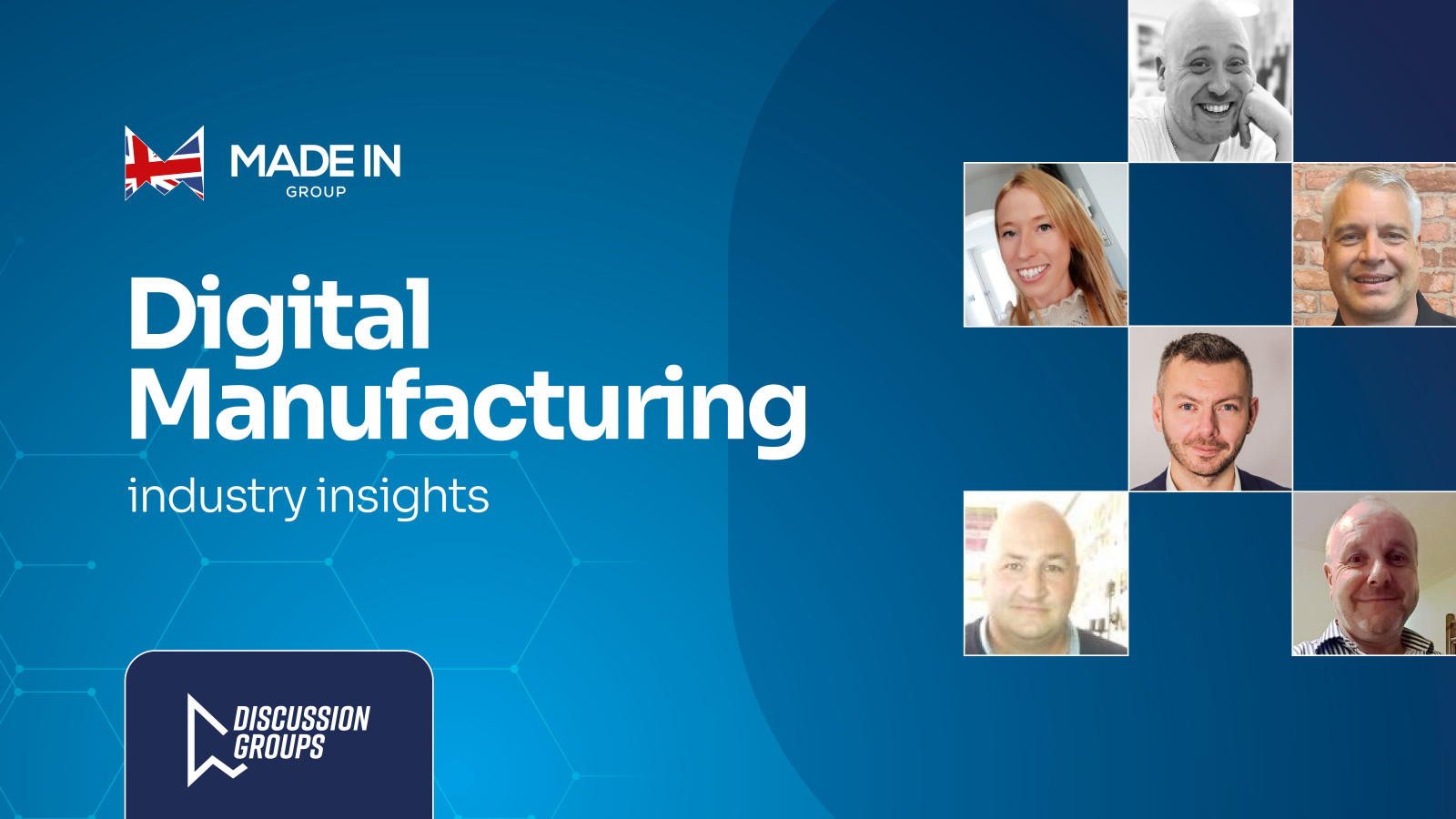Advancing digital manufacturing strategy

Manufacturers from Made in the Midlands and Made in Yorkshire converged today for their monthly industry meetup, centering discussions around the critical theme of developing effective digital manufacturing strategies. The highlight of the session was a compelling keynote delivered by Oliver Stone, Director of Global Consulting at ITI Group, who skillfully navigated the audience through the realms of real-time decision-making and its potential benefits for manufacturers.
Oliver Stone highlighted the pillars of achieving informed decision-making in real time, stating the significance of understanding the product life cycle, implementing smart factory initiatives, and mapping the value chain. Acknowledging progress in the sector, he cautioned against the prevalent 'hero syndrome,' where a small number of champions become the linchpin for driving forward digital philosophies within businesses.
The roundtable saw participation from industry leaders including Claire Healy (ITI Group), Dale Broadhead (Leading Edge Signage & Graphics, Ian Smith (Additive X), Simon Dunn (Pryor Marking), Peter Lunn (Sims Metal), and Emma Hill (Winman ERP).
Globally, the investment in digital manufacturing technology is staggering, amounting to a whopping $1.1 trillion. Ian Smith from Additive X shared insights on seamlessly integrating additive software with ERP, streamlining processes from customer requests to store requisitions, using a digital library that transforms concepts into reality in his business.
Emma Hill at Winman ERP shed light on the prevalent spreadsheet-centric approach in many businesses, stating the urgent need for traceability and a shift towards more advanced systems. Simon Dunn at Pryor Marking highlighted the challenges of implementing a digital manufacturing strategy, especially in businesses dealing with extensive stock codes, underscoring the importance of finding the right partners and some of the barriers that hinder firms from going live with something like this.
Concerns about data trust were echoed by Oliver Stone, indicating a common sentiment among firms. Simon Dunn at Pryor Marking supported this, highlighting the manual nature of decision-making and the challenges in gaining cultural buy-in for such transformative projects.
Dale Broadhead from Leading Edge felt there was an irony of investing in cutting-edge technology for customers while facing internal challenges of knowledge connectivity between teams relying on manual touch.
Peter Lunn at Sims Metal felt there is a general lack of connectivity in manual operations to big data, likening the situation to sustainability, where there's recognition of the necessity, but customers may not fully appreciate the associated costs. The potential cost and efficiency savings of a digital manufacturing strategy were posed as evidentiary points however.
Emma Hill at Winman was keen to point out that out-of-the-box products can be tailored to individual business setups, lowering barriers to entry. Simon Dunn from Pryor Marking observed a driving force behind digital adoption emerging from customer demands for traceability, particularly in industries like aerospace and automotive which assisted in his decision making.
Finally, our speaker Oliver Stone concluded with a reflection on the hesitancy in adopting digital strategies, pointing out a mentality of disconnect between tangible assets and intangible ideas or philosophies - that a press or a CNC machine is easier to touch and understand.
He recommended exploring the insights provided by the book 'Who Moved My Cheese' by Dr Spencer Johnson to navigate through such challenges in the dynamic landscape of digital manufacturing. The roundtable left participants with valuable insights, fostering a sense of collective momentum towards embracing the digital future of manufacturing.